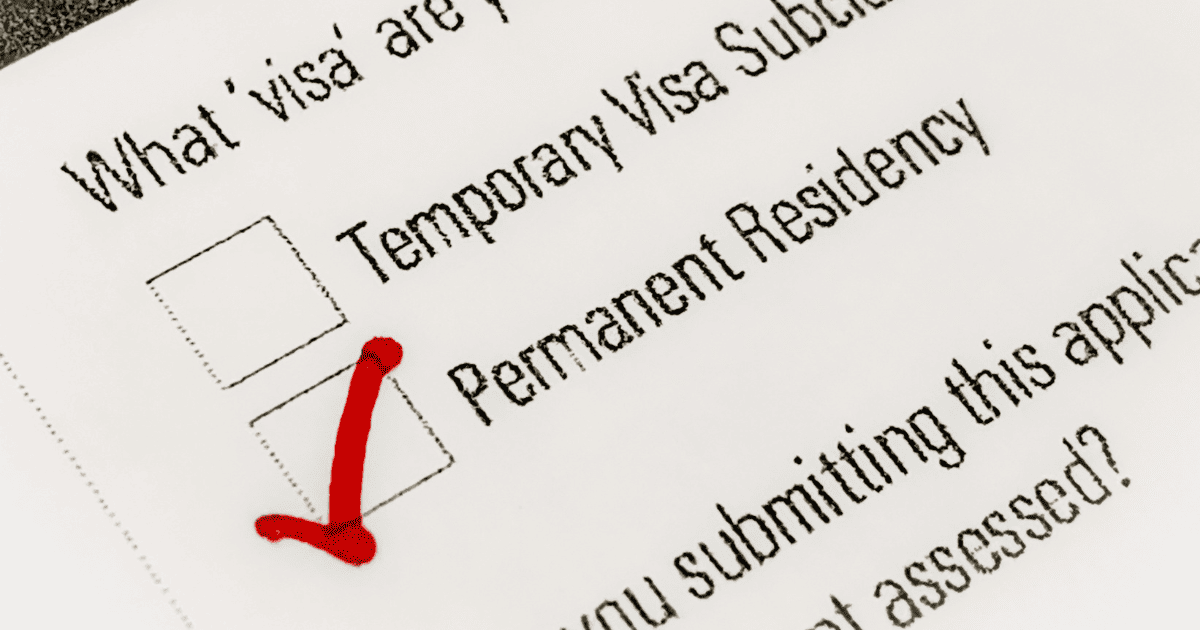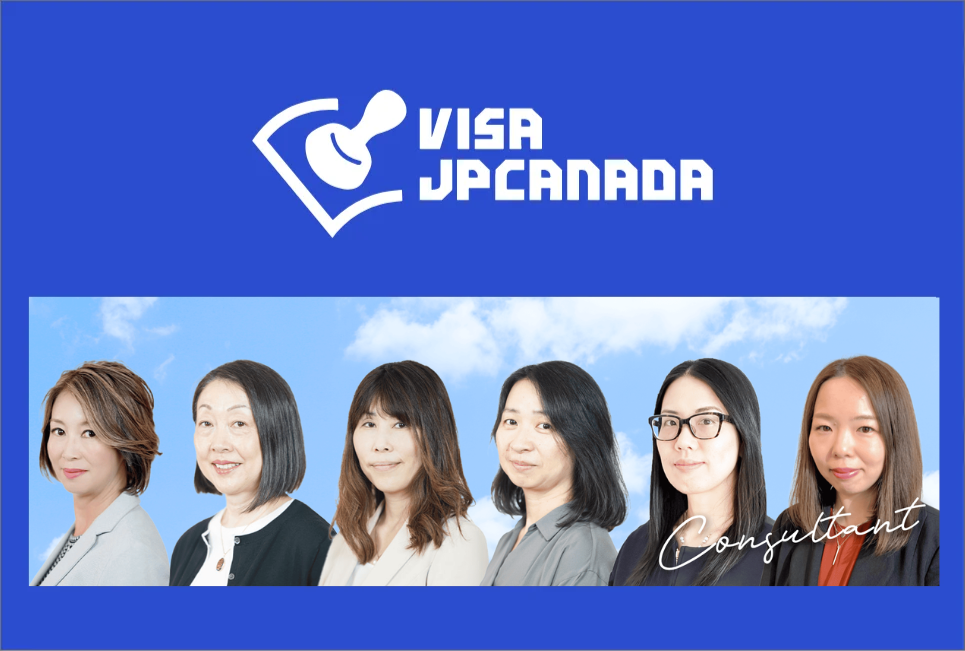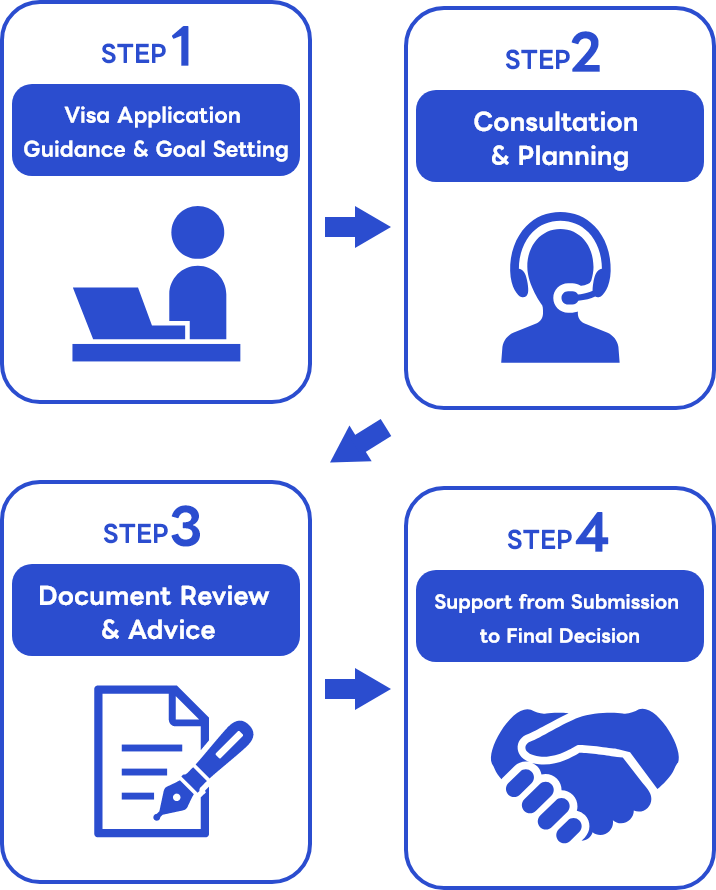Last Updated:February 19, 2026
What is the Rural and Northern Immigration Pilot Program?
This program is a pilot initiative led by Immigration, Refugees and Citizenship Canada (IRCC), designed to support regional-driven permanent residence acquisition. It is a limited-time program, running until August 2024. The program helps foreign workers live and work in designated areas by IRCC, with the goal of settling there permanently after obtaining permanent residence. The aim is to spread the economic benefits of immigration to smaller regions of Canada.
Key features of the Rural and Northern Immigration Pilot Program
- The community will select candidates who are best suited to adapt to the local economy.
- The community will choose candidates who can meet the employment needs of the region.
- The community will identify candidates who are committed to staying and contributing to the area’s long-term growth.
Candidates who meet all of the above criteria will be recommended by the community to the immigration authorities for permanent residency. Additionally, when a candidate becomes a new immigrant, they will receive comprehensive support, including settlement services and guidance from local leaders or advisors deeply rooted in the community.
Participating communities in the Rural and Northern Immigration Pilot Program
- North Bay, ON
- Sudbury, ON
- Timmins, ON
- Sault Ste. Marie, ON
- Thunder Bay, ON
- Brandon, MB
- Altona/Rhineland, MB
- Moose Jaw, SK
- Claresholm, AB
- Vernon, BC
- West Kootenay, BC
Eligibility requirements for the Rural and Northern Immigration Pilot Program
Minimum required work experience
- At least one year of full-time work experience (1,560 hours or more) in a single occupation within the three years prior to application.
- This applies to both work experience within Canada and internationally.
Special exceptions for international students
International students who graduate from a school that meets the following criteria will be exempt from the above work experience requirement.
- The applicant must have completed a college, university, or graduate program of at least two years in duration, and have been a full-time student throughout the entire period.
- The application must be submitted within 18 months of graduation.
- At least 16 months of the 24 months prior to graduation must have been spent residing in the region.
Alternatively, the following cases will also be exempt from this requirement:
- The applicant must have graduated from a graduate program and been a full-time student throughout the entire duration of their studies.
- The application must be submitted within 18 months of graduation.
- The applicant must have resided in the region for the entire duration of their studies.
Language proficiency
If you have a job offer in an occupation classified under NOC (National Occupational Classification) skill levels 0 or 1, you must meet a language proficiency requirement. Specifically, you need to have achieved a minimum score of CLB 6 in an English or French language test designated by IRCC, taken within the past two years prior to your application.
| Test | Language | Reading | Writing | Listening | Speaking | |
|---|---|---|---|---|---|---|
| CLB6 | IELTS(アイエルツ) | English | 5.0 | 5.5 | 5.5 | 5.5 |
| CELPIP(セルピップ) | English | 6 | 6 | 6 | 6 | |
| PTE Core | English | 51-59 | 60-68 | 50-59 | 59-67 | |
| TEF Tests taken on or after December 11, 2023 |
French | 393-433 | 379-427 | 393-433 | 422-455 | |
| TEF Tests taken between October 1, 2019 and December 10, 2023 |
French | 400-499 | 400-499 | 400-499 | 400-499 | |
| TCF | French | 406-452 | 7-9 | 398-457 | 7-9 |
If you have a job offer in an occupation classified under NOC skill levels 2 or 3, you must have obtained a minimum score of CLB 5 in an English or French language test designated by IRCC, taken within the past two years prior to your application.
| Test | Language | Reading | Writing | Listening | Speaking | |
|---|---|---|---|---|---|---|
| CLB5 | IELTS(アイエルツ) | English | 4.0 | 5.0 | 5.0 | 5.0 |
| CELPIP(セルピップ) | English | 5 | 5 | 5 | 5 | |
| PTE Core | English | 42-50 | 51-59 | 39-49 | 51-58 | |
| TEF Tests taken on or after December 11, 2023 |
French | 352-392 | 330-378 | 352-392 | 387-421 | |
| TEF Tests taken between October 1, 2019 and December 10, 2023 |
French | 350-399 | 350-399 | 350-399 | 350-399 | |
| TCF | French | 375-405 | 6.0 | 369-397 | 6.0 |
If you have a job offer in an occupation classified under NOC skill levels 4 or 5, you must have obtained a minimum score of CLB 4 in an English or French language test designated by IRCC, taken within the past two years prior to your application.
| Test | Language | Reading | Writing | Listening | Speaking | |
|---|---|---|---|---|---|---|
| CLB4 | IELTS(アイエルツ) | English | 3.5 | 4.0 | 4.5 | 4.0 |
| CELPIP(セルピップ) | English | 4 | 4 | 4 | 4 | |
| PTE Core | English | 33-41 | 41-50 | 28-38 | 42-50 | |
| TEF Tests taken on or after December 11, 2023 |
French | 306-351 | 268-329 | 306-351 | 328-386 | |
| TEF Tests taken between October 1, 2019 and December 10, 2023 |
French | 300-349 | 300-349 | 300-349 | 300-349 | |
| TCF | French | 342-374 | 4-5 | 331-368 | 4-5 |
Educational background
- Applicants must have completed a high school education or higher, either in Canada or abroad.
- For education obtained outside Canada, applicants must submit the results of an Educational Credential Assessment (ECA) as designated by IRCC.
Job offer
- The job offer must be for a full-time, paid position (at least 30 hours per week).
- The job must be non-seasonal and consistent throughout the year.
- The offer must be for permanent employment with no fixed term.
- The salary must meet or exceed the minimum wage for the occupation as listed on JobBank for the applicable NOC.
- The applicant must be able to demonstrate sufficient experience to perform the duties of the offered position.
You must receive a job offer from an employer in one of the participating communities in the Rural and Northern Immigration Pilot Program. In addition to all of the above requirements, each region has its own specific criteria and employment process. To find a job, please follow the instructions on the region’s website. Once you have secured a job offer and met all other requirements, you can apply for a recommendation from the community.
| Job offer | Work experience |
|---|---|
| Skill levels 0 and 1 | Work experience in occupations with skill levels 0,1,2,3 |
| Skill levels 2 and 3 | Work experience in occupations with skill levels 1,2,3,4 |
| Skill level 4 | Work experience in occupations with skill levels 2,3,4 |
| Skill level 5 | Work experience in the exact same occupation |
Applicable skill level (TEER)
The skill levels are defined within the National Occupational Classification (NOC) system, which categorizes occupations in Canada based on their skill requirements. The levels are outlined as follows:
| Skill Level 0 | Business Owners, Company Executives, and Managers |
|---|---|
| Skill Level 1 | Professional occupations that typically require a university or graduate degree |
| Skill Level 2 | Technical occupations and middle management positions that typically require a college diploma or more than two years of apprenticeship training. |
| Skill Level 3 | Intermediate technical occupations that typically require a college diploma, less than two years of apprenticeship training, or more than six months of on-the-job training. |
| Skill Level 4 | Occupations that typically require a high school diploma or a few weeks of on-the-job training. |
| Skill Level 5 | Occupations that do not require prior work experience or formal education |
For healthcare occupations, there are exceptions, so please contact us for more information.
Proof of funds
Applicants must have enough funds to support themselves and their family while in Canada, in accordance with the required financial thresholds. However, this requirement may be waived if you have a valid job offer and are legally authorized to work in Canada.
| Number of family members | Required funds (in Canadian dollars) |
|---|---|
| 1 | $13,757 |
| 2 | $17,127 |
| 3 | $21,055 |
| 4 | $25,564 |
| 5 | $28,994 |
| 6 | $32,700 |
| 7 | $36,407 |
| More than 7 | $3,706 for each additional family member |
Intention to reside in the region
To participate in the pilot program, you must plan to live in the community. Each community may have specific requirements.
Application process for the Rural and Northern Immigration Pilot Program
01Meet the eligibility requirements for the Rural and Northern Immigration Pilot Program
Meet the eligibility requirements set by IRCC and the community-specific requirements for permanent residence application.
02Submit the Application for Recommendation
Once you secure a job offer, you will submit the Application for Recommendation, which is the application for community nomination.
03Submit your permanent residence application to IRCC
Once you receive the community nomination and it is approved, you will create an online application portal account for permanent residence, attach the required documents, and submit them to IRCC. If you are between the ages of 14 and 79, you will need to submit biometric data (fingerprints) and a photograph.
04Review by IRCC
After IRCC completes their review, the applicant will receive a letter called the Confirmation of Permanent Resident (CoPR).
05Landing
Applicants from outside Canada will enter Canada with their Confirmation of Permanent Resident (CoPR). Applicants from within Canada can complete the landing process online.
06Receive your Permanent Resident (PR) card
Your PR card will be delivered to the designated address within Canada within a few months.
*Each community has its own additional eligibility requirements, job search process, and recommendation application process.
Related Columns

Date Posted:February 5, 2026
New Brunswick Immigration Tightens PR Selection|Who Still Has a Realistic Path and Who Must Rethink Strategy

Date Posted:January 29, 2026
Express Entry:Four Strategic Lessons from the Largest Draw in History on
Related News
Looking to obtain permanent residence or a visa?
Consult with us now!

Applying for permanent residence or a visa to Canada on your own can be overwhelming due to the large number of required documents, and you may feel uncertain about whether everything is correct. However, if you're serious about immigrating to Canada, we strongly recommend seeking the support of an immigration consultant. There are many pathways to obtaining permanent residence, depending on factors such as your age, occupation, and family status. With the help of an expert, you can ensure that you plan the right approach tailored to your specific situation.
A professional immigration consultant will help solve your concerns
Get a free Counseling now
From immigration planning to application submission,
everything is completed with Visa JP Canada


Consulting with an immigration consultant makes the process clearer and much smoother. You’ll feel more confident with document submissions and procedures, significantly reducing the risk of mistakes. Take the first step toward your Canadian dream with the guidance of an expert.




